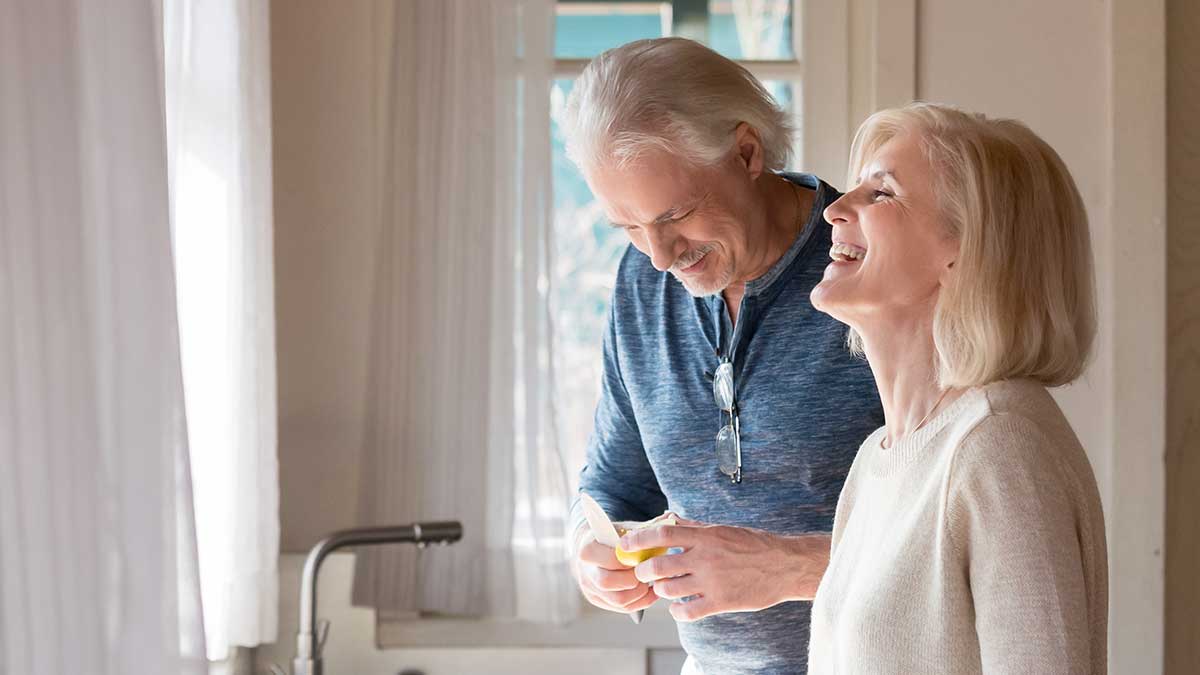Transitions from one phase of our life to another are inevitable, particularly as you get older. Tips for positive ageing are valuable at any age, but more so in your later years.
“How effectively we deal with these transitions will largely be determined by how well we plan for them,” says positive ageing expert Marcus Riley, who advocates for a proactive and positive approach to ageing.
A past chair and current director of the Global Ageing Network, Mr Riley advocates that successful ageing is self-defined.
“Positive people are proactive, not reactive so it’s up to you to take charge,” he says.
“We can be proactive by understanding what threatens our successful ageing and take pre-emptive action. For example, knowing that relationships are important to our wellbeing means that we may need to take proactive steps to patch up a fraying friendship or family relationship.
“Planning is the secret to retaining control for as long as we live. Planning enables us to make the most of the choices that are available across all phases of later life.
“Often people will leave planning for retirement or setting themselves up their later years too late (from finances to health), so start planning now to create the life you want.”
Related: Older Australians Wellbeing Index dispels myths about over-50s
Top five planning tips for positive ageing
Identify what is important to you and consider this when making any decisions
“We must identify what is personally important to us, reflecting on our priorities across a number of factors. Our relationships of importance, the activities we value, the state of our finances, where we want to call home now and possibly later, it is vital to recognise what is best for us and consider this when making all decisions.”
Employment and retirement – planning is key to ease the transition
“These days we have the opportunity, if we plan well, to avoid the abrupt end of work through retirement and instead work in a modified role, either part-time or in a less senior job to ease the transition into retirement.”
Family role – plan for upcoming changes and how that affects your family role
“Because we are living longer today than at any time in history, family roles are much more fluid. It is important for us to consider what changes are likely in the future and plan accordingly – what family roles do I perform now and what will be required at later stages.”
Wellness – recognise how to best sustain your physical and mental health
“Planning also means a preventative approach to trying to keep illness at bay and staying active enough to do whatever our heart desires by eating well, exercising and having regular medical health checks-ups, starting now.”
Related: Positive attitude key to retirement
Be adaptable
“Our plans must be adaptable, something that we’re constantly renewing and reviewing because our circumstances will inevitably change. Our aforementioned personal priorities will vary with changed circumstances or new thinking; therefore, we must update or adjust our plans to remain conducive to our best living.
“We ultimately hold the keys to our future!”
What are your tips for positive ageing? Why not share them in the comments section below?

